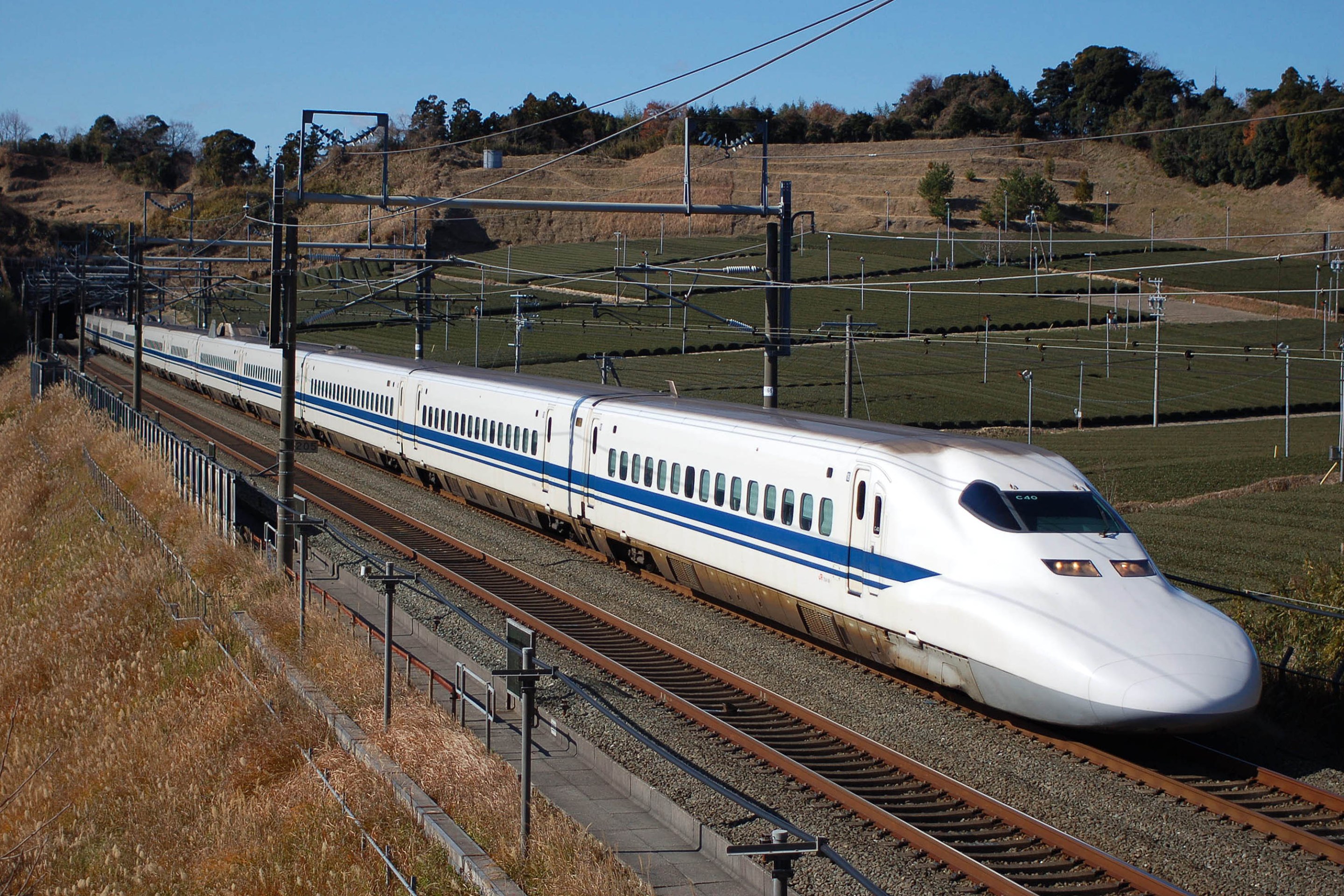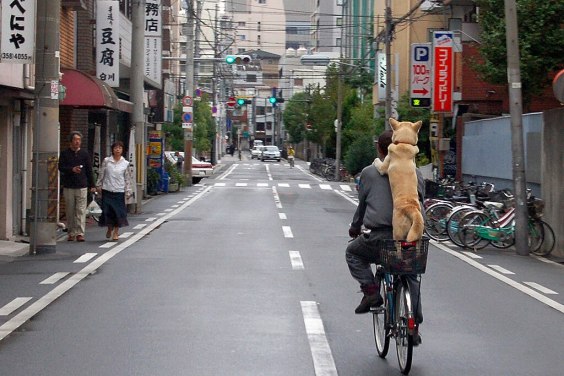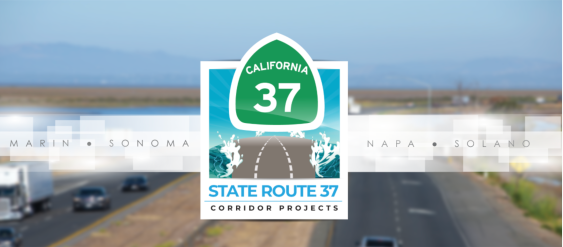The Washington lobbying firm of Bonner & Associates is facing protests and a possible wire fraud probe after it was revealed
to have forged at least a dozen letters to Congress this summer that
claimed to represent local grassroots groups opposed to fighting
climate change.
 A still from a 2001 Coalition for Vehicle Choice TV spot opposing higher CAFE standards. (Photo: Coloribus)
A still from a 2001 Coalition for Vehicle Choice TV spot opposing higher CAFE standards. (Photo: Coloribus)Since
the forged letter scandal broke, Bonner's past work on engineering
faux-"grassroots" critics to defend industry, from tobacco companies to
drug makers, has been well-documented.
But the firm can also lay claim to another pro-business lobbying victory: the narrow defeat of sweeping new auto fuel-efficiency rules nearly 20 years ago.
When
then-Sen. Richard Bryan (D-NV) proposed in 1990 to gradually hike auto
fuel-efficiency, or CAFE, to 40 miles per gallon, the auto industry
hired Bonner and another lobbying group, E. Bruce Harrison, to help
coax average citizens into condemning the bill.
That practice, known as "astro-turf" lobbying, is commonplace in Washington but not regulated by current ethics rules -- although this week's climate forgery scandal could change that.
As
the New York Times reported in 1997 (and accessed via Nexis), Bonner's
push to bring down the Bryan CAFE plan focused on generating irrational
fear of fuel-efficient vehicles:
Mr. Bonner set up a news conference in Washington and invited representatives ofgroups that used big vehicles. A Nebraska farmer pointed out that aHonda Civic could not haul a livestock trailer. A charity official fromSouth Dakota said disabled people needed big vans for their wheelchairlifts. An Alabama sheriff said small cars could not be driven as fastto crime scenes. Each speaker's plane fare and expenses were paid forby the auto makers, Mr. Bonner said.
That South Dakota charity official, according to later media reports,
was fired for participating in the press conference because her group
had taken no official position on CAFE standards.
But
Bonner's introduction of "astro-turfing" to the auto industry caught
on, and soon E. Bruce Harrison -- whose work against environmentalism began in
the 1970s -- was setting up the Coalition for Vehicle Choice, an
Orwellian-sounding group that put a just-folks spin on Detroit's
craving for less efficient cars.
The Coalition's leader at the time was Diane Steed, a Reagan-era highway safety official who later went on to head the American Highway Users Alliance, a leading road lobby group.
Bonner
"pitched the fuel-economy issue as one of safety, not cost," according
to a 1991 Chicago Tribune that quoted him describing the basics of
lobbying strategy: "What matters to elected officials is what gets in
their face, how it gets there, and who's saying it."
Now a
dispute over who really said what on climate change is threatening to
end Bonner's "astro-turf" reign. If his 1990 campaign had failed,
Bryan's bill would have brought national CAFE standards to 40mpg by
2001. As it stands, the Obama administration has recently committed to
reaching 35.5mpg by 2016.





